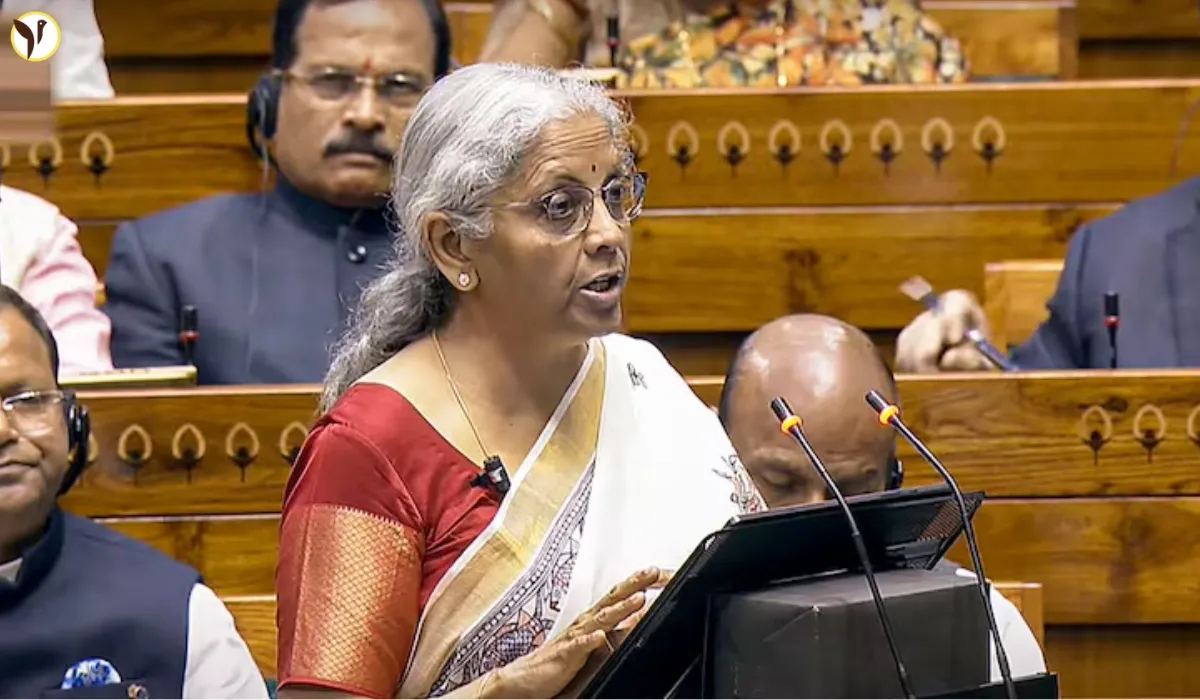Germany's New Chancellor: Merz Promises a Stronger Bundeswehr
In a dramatic turn of events, Friedrich Merz has been elected Germany's new Chancellor. His government declaration, delivered live to the Bundestag, promised a significant shift in German defense policy: a massive buildup of the Bundeswehr, aiming to make it the strongest army in Europe.
The Election and the Announcement
The vote was closely watched, with 325 out of 618 Bundestag members voting in favor of Merz becoming the next Chancellor. The announcement, made by Bundestag President Julia Klöckner at precisely 4:16 PM, was met with immediate celebrations. A flurry of congratulations followed, with colleagues from across the political spectrum—including Lars Klingbeil, the SPD chairman slated to become Merz’s vice-chancellor—offering their well-wishes.
- A Clear Mandate: The relatively strong vote of confidence indicates substantial support for Merz's plans, particularly his ambitious military overhaul.
- Broad-Based Support?: The presence of congratulators from diverse parties hints at a possible bipartisan approach to strengthening national defense.
Merz, visibly relieved, accepted the position, thanking the Bundestag for its confidence. This marks a significant moment in German politics, potentially signaling a departure from previous approaches to national defense.
Merz's Vision: A Powerful Bundeswehr
The core of Merz's government declaration centered on a significant modernization and expansion of the Bundeswehr. His vision is to transform the German armed forces into the strongest military force within Europe. This pledge represents a considerable departure from past policies characterized by a more restrained approach to military spending and deployments.
- Increased Spending: While the exact figures remain to be unveiled, a substantial increase in defense spending is expected to fund this ambitious project.
- Modernization of Equipment: Updates to weaponry, technology, and infrastructure will be crucial to achieving the stated goal of creating a top-tier European army.
- Personnel Increases: Expansion of the Bundeswehr's personnel is likely to accompany the modernization efforts.
This bold commitment is undoubtedly a response to shifting geopolitical realities, particularly Russia's invasion of Ukraine. It signifies a profound change in Germany's post-war identity and its role within the European Union's collective security architecture. The details of how this dramatic increase in military capabilities will be implemented, and the financial implications for the German taxpayer, are eagerly anticipated.
What's Next?
The coming weeks and months will be crucial in seeing how Merz’s plans translate into concrete action. Scrutiny of budgetary allocations, legislative proposals, and international responses will be intense. The implementation of this ambitious plan presents both significant opportunities and challenges for Germany and its allies.
The success of Merz’s initiative will depend on securing sufficient parliamentary support, navigating potential disagreements within his coalition, and effectively managing the considerable economic and social implications of this unprecedented military expansion. The world will be watching closely.









